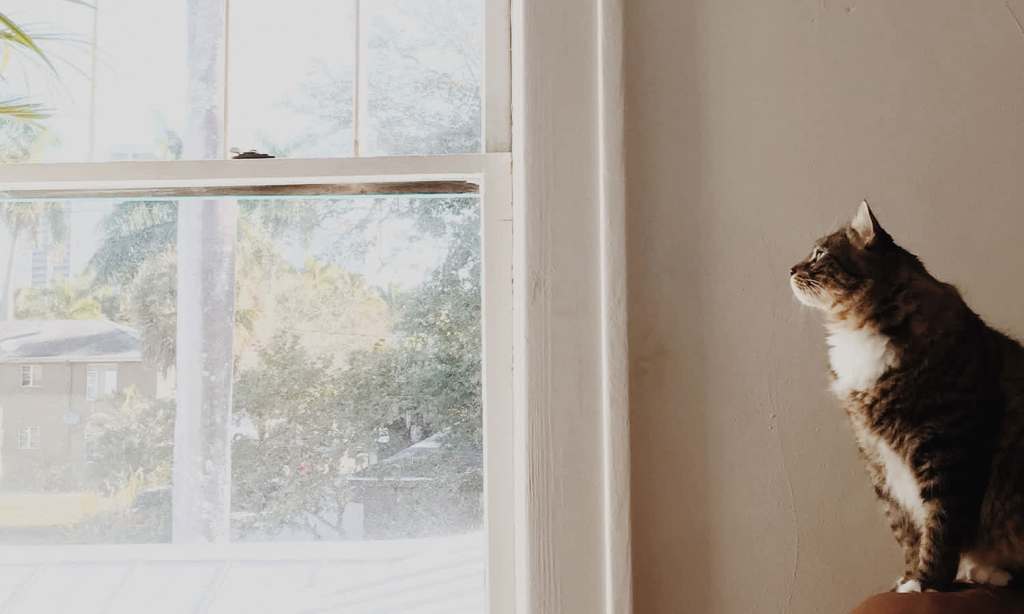While many are itching to resume social gatherings, travel domestically, and even get back to work after weeks in isolation, there is a certain air of reluctance to simply ‘go back to normal’.
Last week, one of our very own, Anita Lyons, wrote about her anxiety surrounding the end of isolation, and as it happens, her sentiments are shared between many.
A new survey conducted on 2,225 people by Vox Pops Lab in collaboration with the ABC has found that Australians are far from ready to return to a perceived “normal” when restrictions lift.
Based on their findings, only one in eight Australians would feel comfortable attending a large event, even if they were told this was OK. Less than 20% would get on a plane, and only 40% would go to a bar or restaurant immediately after restrictions ease.
In addition, the survey shows that 41% of Australians think it will take more than one year before things are “more or less back to normal”.
While these figures are troubling for those industries like hospitality and travel, who have been hit hard and are relying on patrons to get back out there and get spending, it shows there’s more work to be done to ease the anxieties of Australians after what has undoubtedly been an unsettling period.
Prime Minister Scott Morrison has expressed a desire to get Australians back to work as soon as it’s safe and possible. “To get Australians back to work, we have to get Australians back to work in a safe economy. We are trying to find what that safe economy looks like, so we can move towards that,” he said recently.
But mental health experts predict the transition from quarantining at home to getting out and about could be more difficult than just heading out for the day as we used to.
“It’s very normal for people to feel two opposing feelings at once,” psychologist Dr Rachael Murrihy, director of The Kidman Centre in Sydney, told the ABC.
“You can feel hope and excitement about the fact the social isolation and restrictions are loosening while at the same time feeling fear and apprehension, that’s completely normal.”
She says that while experts are not yet able to see the long-term effects isolation could have on the population, mental health professionals “are seeing concerning rises in mental health issues” already.
The current health crisis is evolving rapidly. If you suspect you or a family member has coronavirus you should call (not visit) your GP or ring the national Coronavirus Health Information Hotline on 1800 020 080.
Read more stories from TheLatch— and follow us on Facebook.

